Top Class Actions’s website and social media posts use affiliate links. If you make a purchase using such links, we may receive a commission, but it will not result in any additional charges to you. Please review our Affiliate Link Disclosure for more information.
Four California consumers have filed a class action lawsuit saying that Degree, Axe, and Dove deodorants and antiperspirants are under-filled.
Nicole Krause-Pettai, Scott Grimm, Steve Tabu Lanier, and Christy Stevens have filed a class action lawsuit against Unilever over claims that the company misleads customers into thinking that they are getting more bang for their buck when they purchase stick deodorants and antiperspirants from Dove, Degree, and Axe deodorant brands.
Allegedly, the containers for these products are around 40% empty, meaning that consumers throughout the state of California are paying for air.
The consumers explain that they purchased a range of stick deodorant and antiperspirant products from Unilever, using the size and shape of the container to judge how much product is inside. They say that, because of the package size, they believed the Unilever products to be a good price and they believed that the products offered a comparable or better price per amount than its competitors.
However, after purchasing the products, they discovered that they were mistaken — allegedly, there was consistently far less product in each stick of deodorant or antiperspirant than the size of the package would suggest.
They explain that the products ran out much more quickly than expected. They note that they found that the containers contained a significant amount of empty space, because when they set the products on bathroom counters after use, they were so top-heavy that they wackily toppled over.
The Dove deodorant packaging class action lawsuit argues that customers were financially injured by this discrepancy because, had they known how much product was really in the sticks of deodorant or antiperspirant, they would not have purchased the products or would not have paid as much as they did for them.
In their eyes, Unilever intentionally misled customers about the amount of products in the deodorant and antiperspirant sticks in an effort to get consumers to choose Unilever products over those made by competitors.
To support the claim that the company intentionally misled consumers, Krause-Pettai, Grimm, Tabu Lanier, and Stevens explain that, in the case of each product, the packaging was opaque. This supposedly prevents prospective buyers from seeing inside the container and getting an accurate picture of the amount of product inside. Allegedly, because the containers are opaque and are not designed to be taken apart by consumers before use, consumers rely on the size and shape of the products.
The Degree deodorant class action lawsuit explains that most consumers are not able to understand the label that indicates the amount of product inside, because they do not necessarily understand what ounces look like or translate to in the context of stick deodorants and antiperspirants.
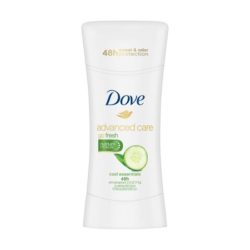
They note that other companies allow customers to gain a better understanding of the amount of product inside a stick of deodorant or antiperspirant. They say that in the case of other, comparable products, the packaging is not opaque, a design which allows customers to see inside the packaging before they buy the product.
However, the customers claim that Unilever’s packaging violates federal law, which prohibits companies from using nonfunctional slack-fill in packaging items. Empty space in a container is considered “slack fill,” and some is permitted as long as it serves a function, explain the consumers. Any slack-fill beyond this is called “nonfunctional slack fill,” they state.
In their eyes, the empty space in the deodorant and antiperspirant sticks is non-functional slack-fill, as it serves no purpose other than to mislead consumers. Allegedly, Unilever is or should be well aware of the laws that govern non-functional slack-fill.
The customers in the Dove deodorant packaging class action lawsuit aim to hold Unilever accountable for what they see as a violation of consumer protection law, and for the financial injury that they say that they suffered.
They aim to represent a Class of all California consumers who purchased any stick antiperspirant or deodorant product from Degree, Dove, or Axe, sold by Unilever United States, seeking damages on behalf of themselves and all other similarly affected consumers.
How do you make purchasing decisions? Do you use a product’s container size to determine how much of a product is inside? Tell us in the comments below.
The consumers are represented by Stanley D. Saltzman of Marlin & Saltzman LLP and the Law Office of W. Hansult.
The Axe, Dove, Degree Deodorant Misleading Packaging Class Action Lawsuit is Nicole Krause-Pettai, et al. v. Unilever United States Inc., et al., Case No. 3:20-cv-01672-BEN-BLM, in the U.S. District Court for the Southern District of California.
Read About More Class Action Lawsuits & Class Action Settlements:
Powerbeats2 Battery Life Class Action Settlement
Is Johnson & Johnson Baby Powder Safe?
Mott’s 100% Apple Juice Contains Preservatives, Class Action Alleges

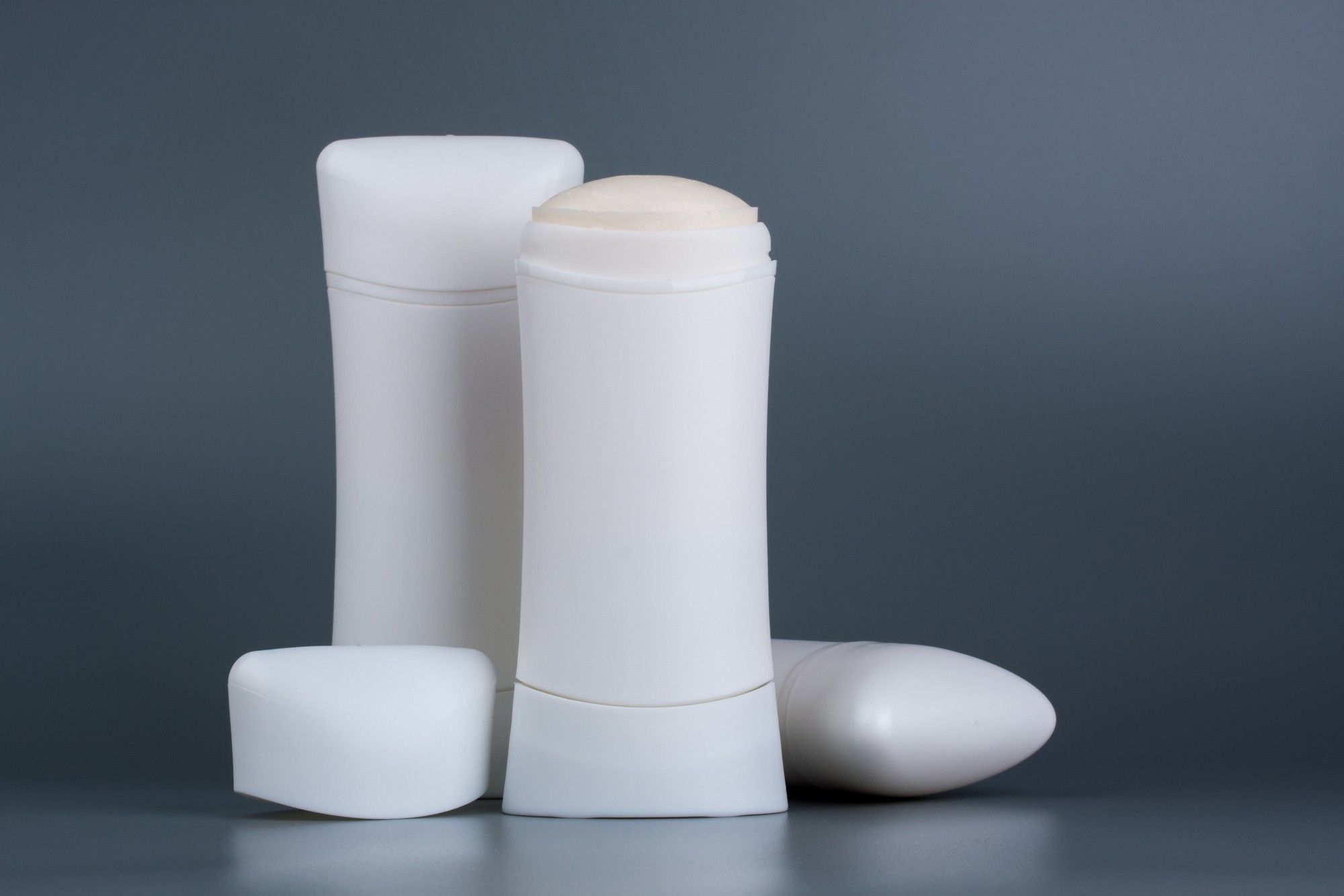




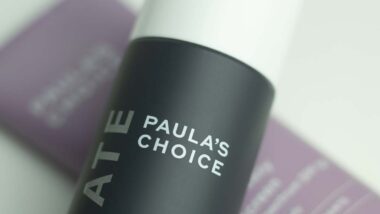

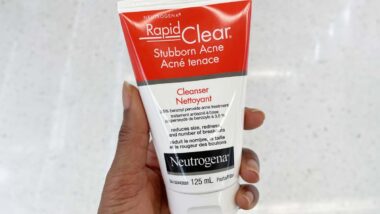
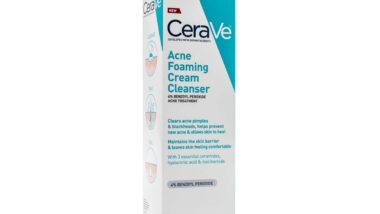
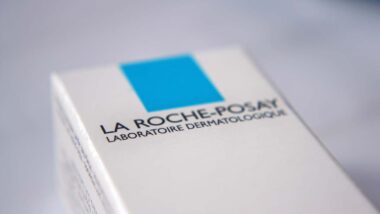

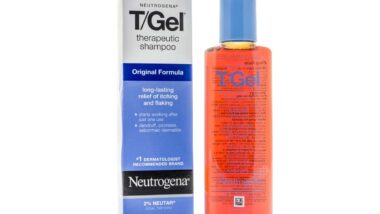



2,615 thoughts onDegree, Axe, Dove Deodorants Contain Too Much Empty Space, Says Class Action
I have been using Dove products for years, including the Dove Deodorant. Please add me.
Please add me
I buy 2 things of dove a week and now I know y.. please add me
add me